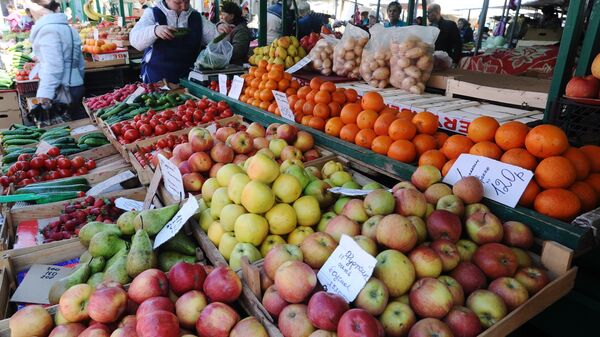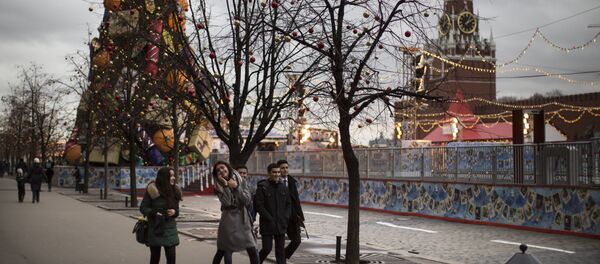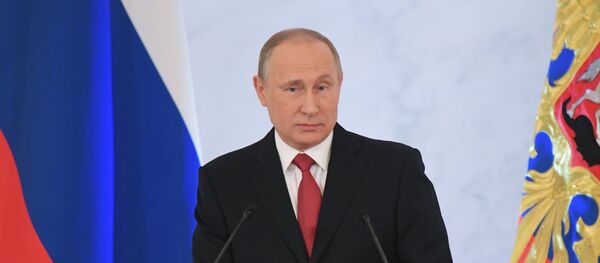MOSCOW (Sputnik) — Delivering a speech in the Russian Center of Science and Culture in Belgrade, the ambassador stressed that Serbia remained Russia's strategic partner, adding that Belgrade ranked third in the list of Russia’s trade partners.
"Our economies have a much greater potential for interaction. The current year showed the renewed growth of Serbian exports to Russia, the next year should become the year of renewed growth of the turnover. There are all necessary preconditions, it is necessary to use existing mechanisms and create new ones," Chepurin said at the seminar entitled "The activities of the Russian Federation on the territory of the Republic of Serbia under assistance program on economic and social development."
According to Chepurin, the volume of Russian-Serbian trade in January-September reached $ 1.7 billion, while Serbian exports to Russia have already increased this year by 9.1 percent compared to 2015, when the instability of the Russian currency had a negative impact on bilateral trade.
Russia and Serbia traditionally have close and friendly relations, while Moscow backs Belgrade’s position regarding nonacceptance of recognition of Kosovo's unilaterally declared independence.
Serbia applied for EU membership in 2009, later becoming an official candidate. The Balkan country has so far opened only four of the 35 chapters needed for accession to the European Union.
EU anti-Russian sanctions have been in place since 2014, when relations soured amid the crisis in Ukraine. Brussels, as well as Washington and their allies have introduced several rounds of individual and economic sanctions over Crimea's rejoining with Russia and over Moscow's alleged involvement in the conflict between the pro-independence eastern Ukrainian militias and Kiev. Russia has repeatedly refuted the allegations, warning that the Western sanctions are counterproductive and undermine global stability.





